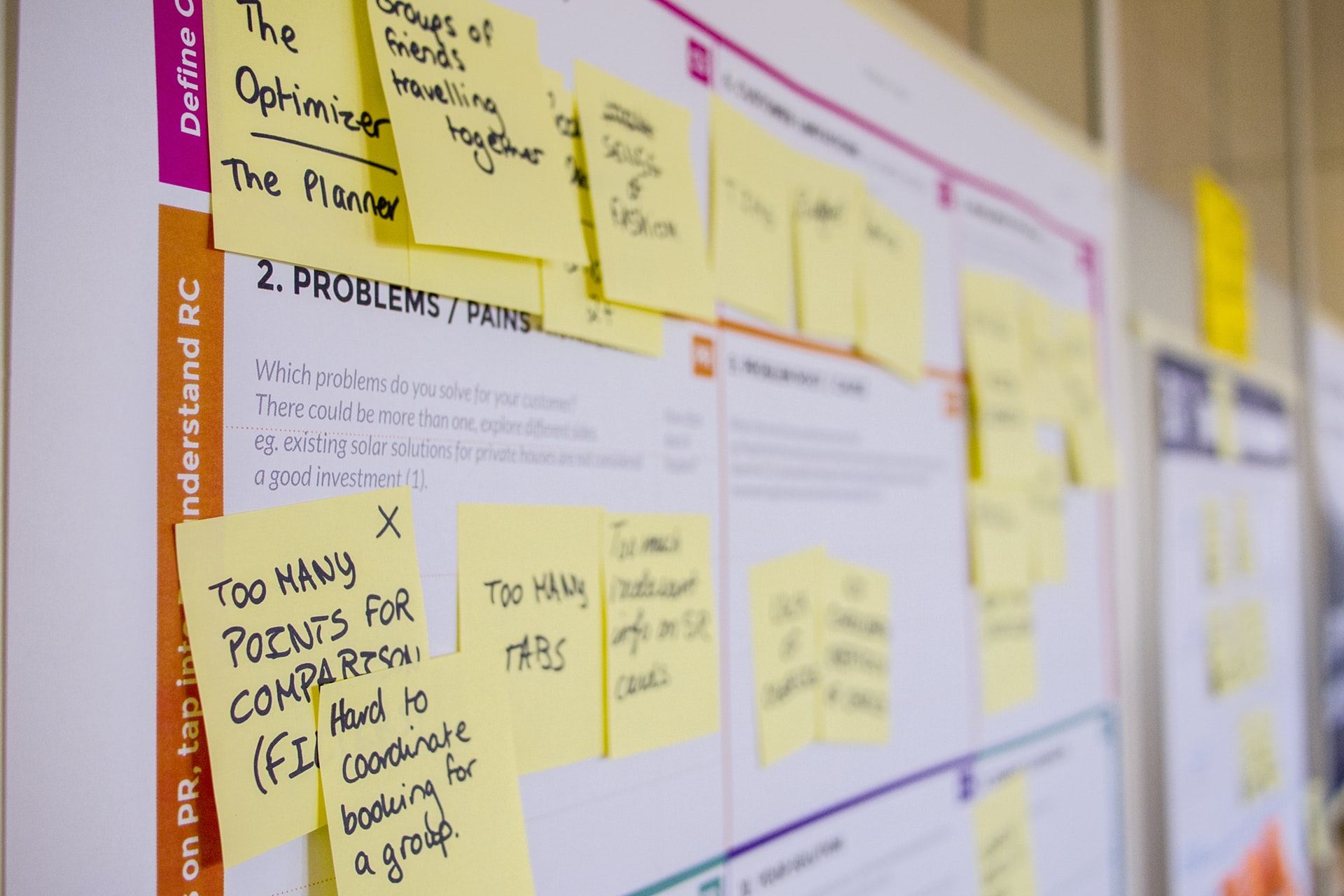- Thu 28 October 2021
- Events
- Ankur Sinha
- #Meeting logs, #Community

Photo by Daria Nepriakhina on Unsplash.
These are the meeting logs from the Software WG meeting that was held on 21st October 2021. The next progress meeting will be held in ~4 weeks time. For any clarifications and suggestions, please feel free to contact the current WG chairs at webmaster AT cnsorg DOT org.
Preset agenda⋆
This was the loose agenda that was set up before the meeting.
- Introductions and roll call
- Organising the next round of Dev sessions: https://github.com/OCNS/SoftwareWG/issues?q=is%3Aissue+is%3Aopen+label%3A%22C%3A+DevSessions%22
- Guidelines docs update and help wanted: https://github.com/OCNS/SoftwareDevelopmentGuidelines
- Making the WG more diverse
- Everyone: new ideas/training/events/tasks that we can do?
- Everyone: Open floor
Attendees⋆
- Ankur Sinha, Silver Lab at University College London: Open Source Brain/NeuroML/NeuroFedora.
- Marcel Stimberg, Institut de la Vision/Sorbonne Université (Paris France), Brian simulator.
- Shailesh Appukuttan, Neuro-PSI, CNRS: HBP related tools/PyNN.
- Thomas Nowotny, University of Sussex: GeNN/PyGeNN/Brian2GeNN.
- Felix B. Kern, University of Tokyo: StdpC.
- Brent Huisman, Forschungszentrum Jülich, Germany
- Joe Graham, SUNY Downstate Medical Center
- Stewart Heitmann: Victor Chang Cardiac Research Institute
Notes⋆
- We will begin working on the next round of Dev sessions: NetPyNE, NeuroML, tools from the NeuralEnsemble project.
- We agreed that our “Dev sessions” do not necessarily have to be developer centric only. It is perfectly fine to also include user oriented information. We suggest components of both. We would like “Dev sessions” to remain informal where developers do not need to make formal presentations, and they should also remain different from traditional tutorials.
Citing research software⋆
A large proportion of the meeting was dedicated to discussion around how we can ensure that software is correctly cited in research work to ensure that their authors get credit for their work. This is especially important in the current scientific climate where publications and citations are used as proxies to gauge performance.
Some ideas that were discussed were:
- using the right license
- lists of good Free/Open Source licenses:
- a good website providing quick license summaries is: https://tldrlegal.com
- publishing articles on Free/Open source software in focussed journals, for e.g.: https://joss.theoj.org/, https://openresearchsoftware.metajnl.com/
- ensuring that tools get enough visibility, for example by making sure they are listed on websites dedicated to collecting Open Source tools for neuroscience, e.g.: https://open-neuroscience.com/
- also increasing visibility of research software using appropriate channels, e.g.: World Wide Neuro series for software: https://www.world-wide.org/Neuro/
- adding appropriate citation files to software projects, e.g. on GitHub: https://docs.github.com/en/repositories/managing-your-repositorys-settings-and-features/customizing-your-repository/about-citation-files
- adding RRIDs for research software and using them in publications: https://www.rrids.org/ .
Some journals make it mandatory to cite software using RRIDs and then automatically link to the tool.
- eLife encourages it: https://reviewer.elifesciences.org/author-guide/journal-policies
- “To help promote the identification, discovery, and reuse of key research resources, we encourage you to include Research Resource Identifiers (RRIDs) within the Materials and Methods section to identify the model organisms, cells lines, antibodies, and tools (such as software or databases) you have used.”
- same for PLoS: https://journals.plos.org/plosbiology/s/submission-guidelines
- eLife encourages it: https://reviewer.elifesciences.org/author-guide/journal-policies
Malin was also kind enough to help us set up a Dev session where Daniel S Katz and Neil Chue Hong from the Force11 Software Citation and Software Citation Implementation Working Groups will speak about these issues. Please keep an eye out on the website and the mailing list where this session will be announced.
Miscellaneous links/discussion⋆
- Standard format for neuroscience data with a large eco-system of tools: https://www.nwb.org/
- There was some discussion on obtaining grants for software development
- Event of interest: Brain-Inspired Computing: the next steps for the UK research community Tickets, Tue 30 Nov 2021 at 09:30 | Eventbrite
- Grants - Chan Zuckerberg Initiative: quite general, and not neuroscience specific.
- In general, we agree that there’s limited grant funding for development and maintenance of research software.
- The software development guidelines website will be set up as an initial empty template and individual guidelines added to it. This will make it easier to add information to it quickly and spread the work.
- We agreed that the WG needs to work on active initiatives to make us more diverse. This will be discussed in detail in the next meeting so we can come up with ideas and action items to pursue.